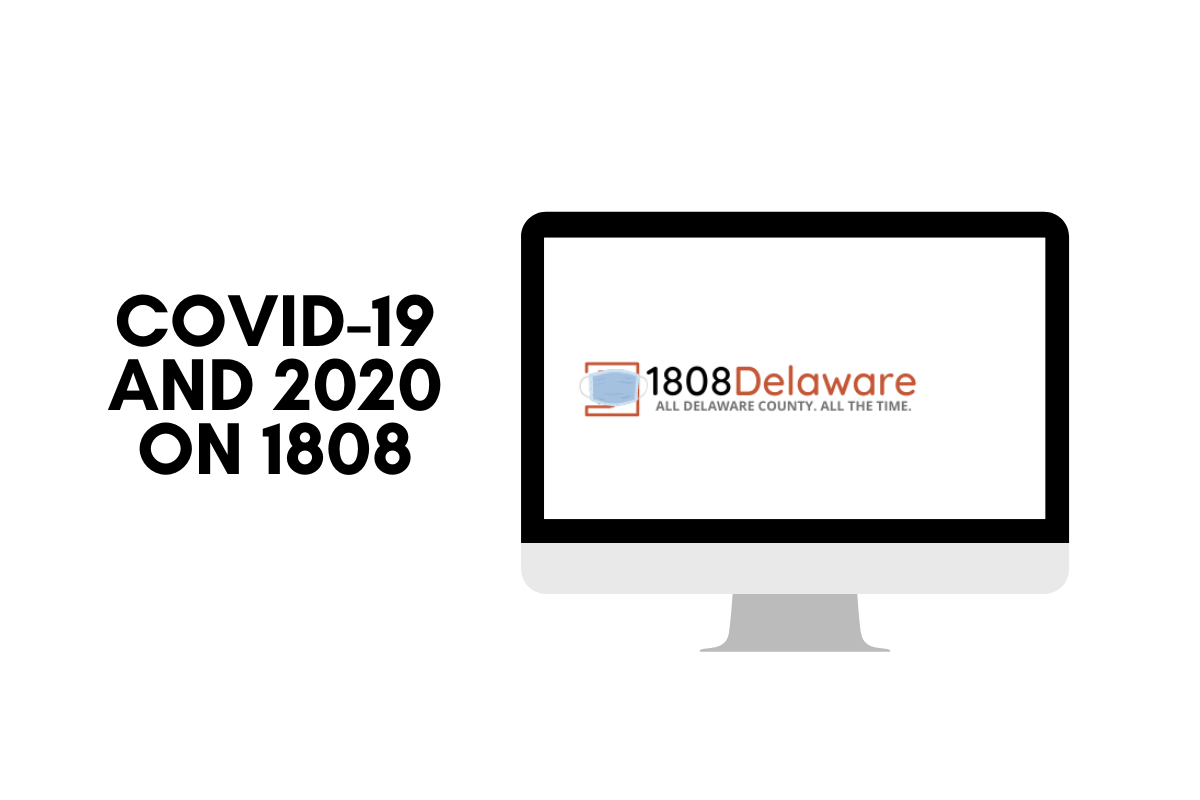Ohio Wesleyan University’s Department of Education has earned national accreditation for its educator preparation program following a rigorous review by the Washington, D.C.-based Council for the Accreditation of Educator Preparation (CAEP).
CAEP President Dr. Christopher A. Koch said institutions earning accreditation “meet high standards so that their students receive an education that prepares them to succeed in a diverse range of classrooms after they graduate. Seeking CAEP Accreditation is a significant commitment on the part of an educator preparation provider.”
Amy McClure, Ph.D., chair of Ohio Wesleyan’s Department of Education, said the university is pleased to earn this honor, demonstrating its commitment and accomplishment in preparing future teachers.
“CAEP seeks ‘solid evidence’ to measure the success of educator preparation programs, requiring significant documentation and effort by the schools that pursue accreditation,” McClure said. “It is quite an achievement to earn this national validation and an important indicator of quality for prospective students. We’re honored to be recognized for the caliber of our program.”
CAEP is the sole nationally recognized accrediting body for educator preparation. Accreditation is a nongovernmental activity based on peer review that serves the dual functions of assuring quality and promoting improvement. Approximately, 800 educator preparation providers participate in the CAEP Accreditation system, with some (including Ohio Wesleyan) being accredited previously through former standards.
Schools seeking CAEP accreditation must pass peer review on five standards based on two principles:
- Solid evidence that the provider’s graduates are competent and caring educators.
- Solid evidence that the provider’s educator staff have the capacity to create a culture of evidence and use it to maintain and enhance the quality of the professional programs they offer.
Katherine Glenn-Applegate, Ph.D., incoming chair of Ohio Wesleyan’s Department of Education, coordinated the university’s CAEP accreditation effort.
“We are pleased to be able to show the strength of our program so concretely,” Glenn-Applegate said. “We know our students are ready for the nuanced challenges of teaching, and national accreditation affirms this.”
Ohio Wesleyan’s educator preparation program previously earned accreditation through the National Council for Accreditation of Teacher Education (NCATE). It was fully replaced by CAEP in 2016.
Ohio Wesleyan’s CAEP national accreditation isn’t the only good news received by the OWU Department of Education recently.
OWU’s undergraduate elementary and secondary teacher preparation programs also were deemed among the best in the country, according to “Start Here to Become a Teacher,” a new book by the National Council on Teacher Quality (NCTQ). For the book, NCTQ reviewed 872 undergraduate programs and selected 120, including Ohio Wesleyan, as excelling in preparing teacher candidates to meet the demands of their future classrooms.
Ohio Wesleyan’s Department of Education offers majors in early childhood (pre-K through grade 3), middle childhood (grades 4 through 9), and special education (grades K through 12) as well as Integrated Science for Teachers (grades 7 through 12). It offers minors in adolescence to young adult (grades 7 through 12) and in multi-age (pre-K through grade 12) education, with possible licensure in several different areas. Learn more at www.owu.edu/education.









